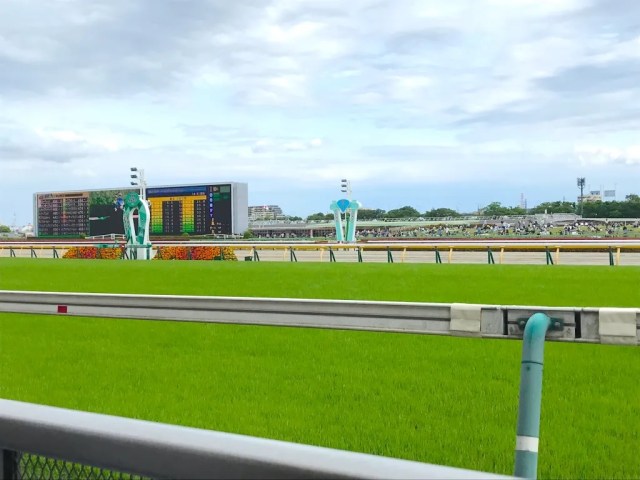
Horse racing school says nay to those who were looking to debut in 2026.
Horse racing has been enjoying a boost in popularity in recent years in Japan, thanks in no small part to smash-hit video game/anime franchise Uma Musume and its cast of anthropomorphized horse girls based on actual horses that raced in Japan. But while interest in the sport is on the rise, for the first time in more than 40 years, there will be no new jockeys making their Japan Racing Association debut next year.
In 1982, the JRA, which governs professional horse racing in Japan, founded the JRA Horseracing School. The facility, located in the city of Shiroi, Chiba Prefecture, trains and licenses jockeys and stable employees to compete and work within the JRA, with the jockey program being a three-year course that covers not only riding techniques and safety, but also legal protocols and other regulations that jockeys must comply with.
A strict screening process means that not every applicant is admitted, either. In 2023, the school received 192 jockey applications, ultimately accepting a total of seven men and women to the jockey program. Had everything gone smoothly, those seven would be making their professional debuts in the spring of 2026, but instead, none of them are. Four of the trainees have dropped out, and while the other three still remain in the program, all of them will need to repeat a year of the course, meaning they’ll be ready to start racing by 2026 at the earliest.
Specific individuals’ causes have not been disclosed, but the JRA cited two major issues in its announcement, the first of which is weight. The JRA, like most horse racing organizations, requires jockeys to keep their weight low and consistent, but some of the current third-year students at the JRA Horseracing School have been unable to stay under the limit.
▼ Between the multi-patty vampire burgers, extra-minty chocolate ice cream, and deep-fried egg and curry bread sandwiches, there are a lot of temptations you have to avoid to stay svelte in Japan.
The other problem has been jockey trainees failing to follow the rules about smartphones and Internet connectable devices. Though they’ve become an ubiquitous part of many people’s lifestyles, the JRA places restrictions on when and how jockeys are allowed to use the devices, including the basic telephone function. For example, on the night prior to JRA races, participating jockeys are required to spend the night in a JRA dormitory, checking in no later than 9 p.m., and refrain from using any communication devices until the races finish the next day.
▼ So it’s actually against the rules for a JRA jockey to be playing Uma Musume on their phone after 9 o’clock the night before a race.
This is done to prevent the leakage of any insider information that could, even if done inadvertently, affect betting patterns or otherwise damage the integrity of the competition. In 2024, failure to comply with the no-phone rules led to the suspension and subsequent retirement of then 27-year-old jockey Nanako Fujita. Fujita was a rising star, having won more JRA races than any other female jockey in the organization’s history.
Prior to this, the JRA Horseracing School has had at least three graduates every year, and should the three trainees who’re repeating their third year make it to graduation, they’ll bolster the debut numbers for spring of 2027. Until then, though, the JRA is going to have to get by with its current rider roster.
Source: Yomiuri Shimbun via Yahoo! Japan News, Sports Hochi, JRA (1, 2, 3, 4), Sankei Shimbuin
Top image ©SoraNews24
Insert images: SoraNews24, Pakutaso
● Want to hear about SoraNews24’s latest articles as soon as they’re published? Follow us on Facebook and Twitter!
Like this:
Like Loading…



